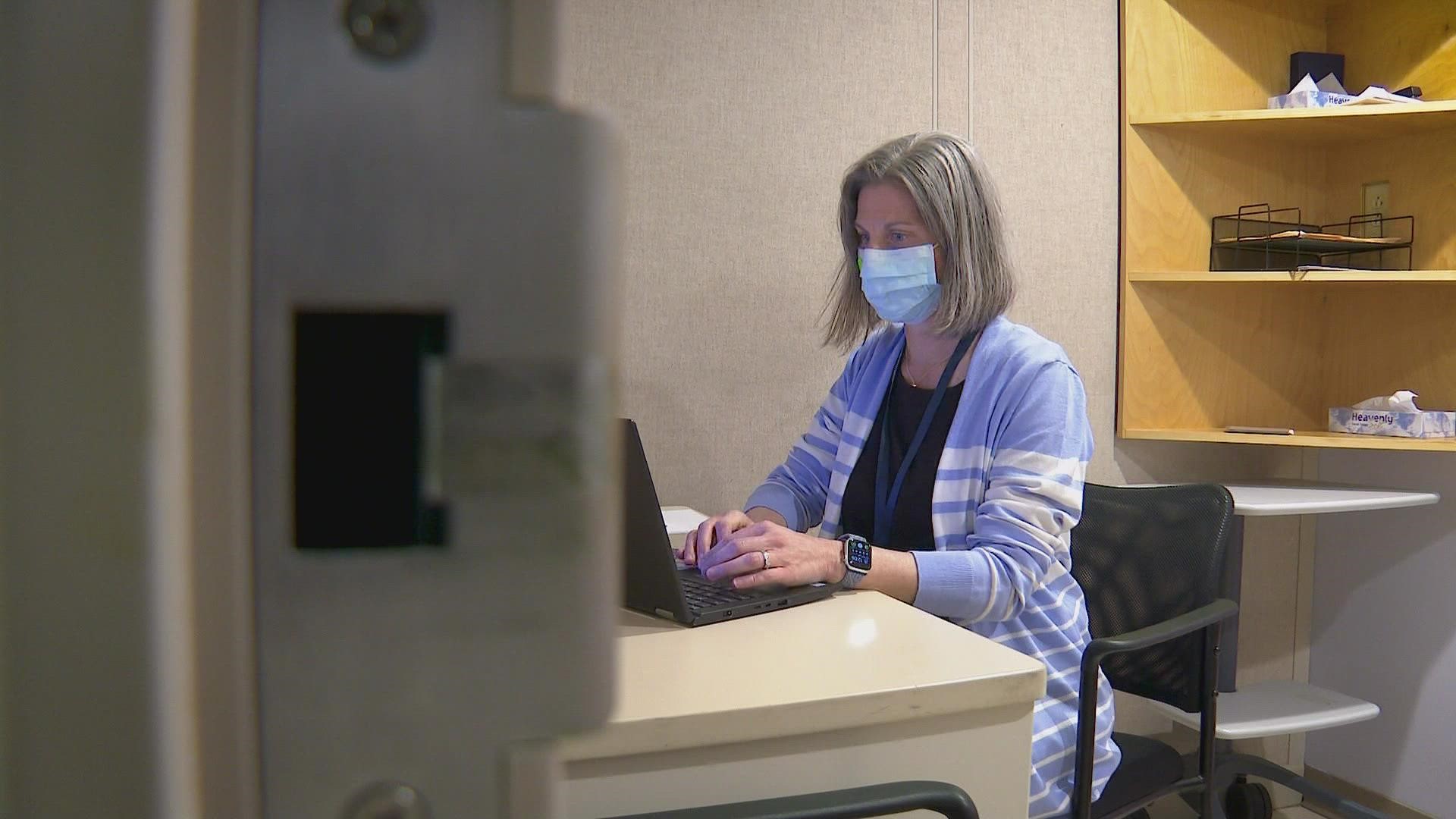YORK, Maine — A report from a nonpartisan nonprofit provides data to show how the pandemic exacerbated substance use disorder and other mental health issues.
The report looked at alcohol, drug, and suicide-induced deaths in 2019 compared to 2020 and found that all three categories of deaths increased in the U.S., following an upward trend over the last five years.
In Maine, alcohol and drug-induced deaths rose while suicide deaths decreased.
The report also recommended several harm reduction measures, including increasing access to mental health, behavioral health, drug courts, recovery programs, and naloxone, the life-saving overdose reversal drug.
In York, one hospital is getting donations, grants, and federal dollars to do just that. The York Hospital Recovery Center saw an increase in patients when the pandemic began. So far in 2022, it has received nearly $200,000 to expand its programs to help people battling substance use.
In January, it received a $25,000 donation from Kennebunk Savings to build a new hybrid counseling room, where patients can get treatment in-person or virtually.
In April, it received a $5,000 grant from Saint Peter's by the Sea church to buy 500 doses of buprenorphine, a medication that helps people wean off of opioids.
"I never have to tell somebody that they can't have medicine today. The shoulders relax, the face relaxes, and [there's] just an expression of thanks. It's a great feeling," Dr. Christine Munroe, a pediatrician and medical director of the Recovery Center's Medication Assisted Treatment program, said.
"It's a trust thing. If I can make them feel better today, then I know that they'll come back tomorrow because they can trust it," Munroe said. "Unfortunately, a lot of times when we finally do get patients in the room, they haven't heard this before from other people. When no one else knows what to do, I can do something, and that feels good."
Later that month, it received a 2022 Congressionally Directed Spending award of $155,000 to expand substance use disorder prevention efforts, improve access to treatment, and strengthen recovery resources in southern Maine.
Director Eric Haram said part of that money will go toward hiring more peer recovery coaches, a proven method of helping people continue their recovery: one that insurances do not reimburse for.
He said they get a grant from the state to purchase intensive outpatient treatment for those who are uninsured. It is about $41,000 per year and covers the cost for about 10 to 11 patients, Haram said.
"These dollar amounts we're receiving, I get are small for some institutions or systems, but for us, that's not true," Haram said. "We're used to coming from a place of scarcity."
Munroe said the support from the community and Congress makes her feel appreciated.
"It makes you feel proud, that people care about you. That it's worth it. That your life has value and that it's worth the hard work that it takes," she said.
The hospital's pharmacy also has a standing order for naloxone that people can get without a prescription so they can have it on hand to help their peers who may be overdosing.

